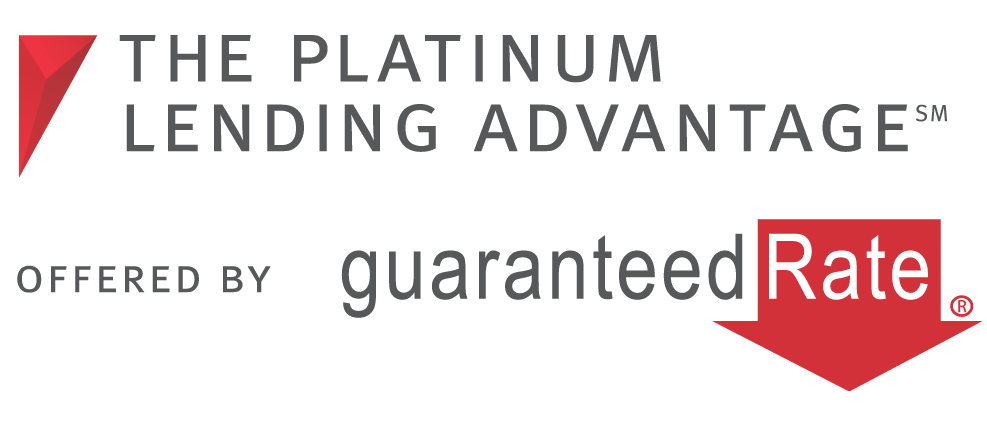High School Ranking
High School Ranking In NJ
Market Snapshot for Millburn
Market Snapshot for Millburn
Market Snapshot for Summit
Market Snapshot for Summit
Market Snapshot for Short Hills
Market Snapshot for Short Hills
Market Snapshot for Chatham
Market Snapshot for Chatham
Market snapshot for Madison
Market Snapshot for Madison
Eight steps to buying your home
Deciding how much house you can afford
Opting for new home construction
How can a real estate agent help me?
Eight important questions to ask your agent
Contact us about buying a home
Mortgage 101
|
||
How much money do I have to come up with to buy a home?That depends on a number of factors, including the cost of the house and the type of mortgage you get. In general, you need to come up with enough money to cover three costs: earnest money -- the deposit you make on the home when you submit your offer, to prove to the seller that you are serious about wanting to buy the house; the down payment -- a percentage of the cost of the home that you must pay when you go to settlement; and closing costs -- the costs associated with processing the paperwork to buy a house. |
||
|
When you make an offer on a home, your real estate broker will put your earnest money into an escrow account. If the offer is accepted, your earnest money will be applied to the down payment of the closing costs. If your offer is not accepted, your money will be returned to you. The amount of your earnest money varies. The more money you can put into your down payment, the lower your mortgage payments will be. Some types of loans require 10-20% of the purchase price. |
||
|
||
|
Another kind is an adjustable rate mortgage (ARM). With this kind of mortgage, your interest rate and monthly payment usually start lower than a fixed mortgage. Your rate can go up or down as often as twice a year with this type of mortgage. The adjustment is tied to a financial index, such as U.S. Treasury Securities index. The advantage of an ARM is that you may be able to afford a more expensive home because your initial interest rate is lower. Talk to your real estate broker about the various kinds of loans before you begin shopping for a mortgage.
|
||
|
||
|
Most loans are for 30 years, although 15 year loans are available, too. During the life of a loan, you'll pay far more in interest than you will in principal -- sometimes two or three times more! Because of the way the loans are structured, in the first years you'll be paying mostly interest in your monthly payments, paying mostly principal in the final years. What do I need when I apply for a mortgage?You should have:
|
||

